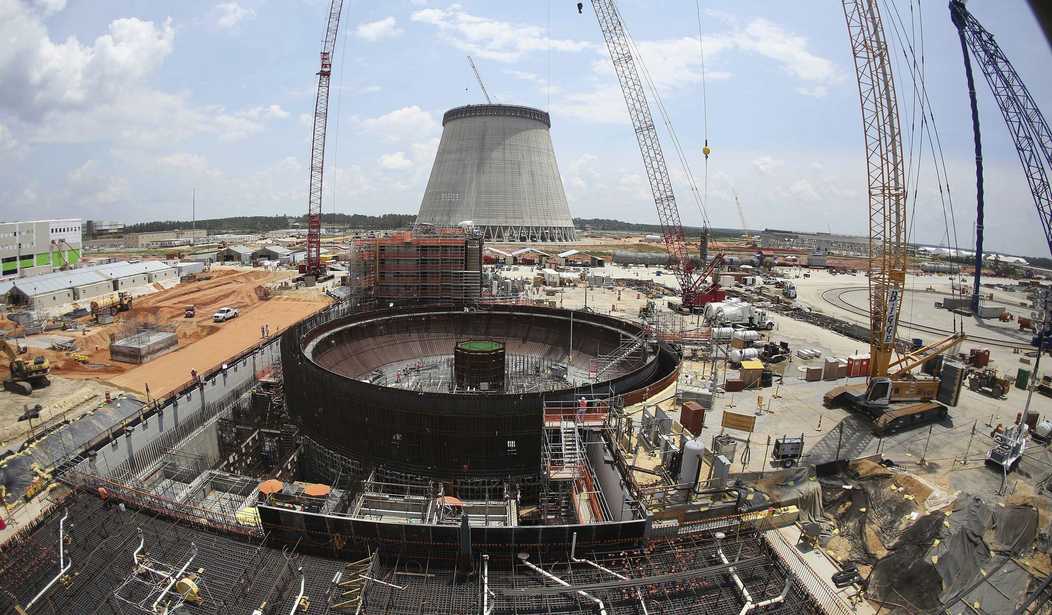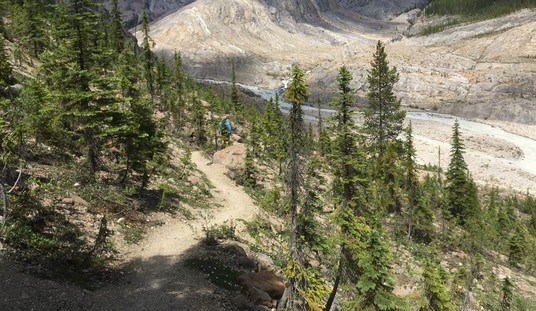On December 2, 1942, the world's first self-sustaining, controlled nuclear chain reaction was initiated under the stands of old Stagg Field at the University of Chicago. That makes Illinois the sort of birthplace of nuclear power.
Now, after a 40-year moratorium on building new nuclear power plants, Illinois will once again allow the construction of nuclear power generators. But it won't be huge power-generating plants like the boiling water reactors (BWR) in Dresden and Clinton. These power generators would be small modular reactors (SMRs), a new generation of technology.
The SMRs would be able to power about 45,000 homes. But, combined into a network of SMRs, the technology could service a medium-sized city.
Illinois Governor J.B. Pritzker signed the amended law on Friday after vetoing similar legislation earlier. The problem was that the language wasn't specific enough to prevent the kind of large scale reactors that the left is afraid of.
In truth, the environmentalists aren't pleased with the small reactors either.
The measure Pritzker signed Friday was the result of negotiations between lawmakers in both parties, labor unions, manufacturers and environmental groups. In limiting the size of new nuclear reactors, it aligns the state with the federal definition of a “small modular reactor.”
Experts who spoke with the Tribune this summer said a variety of economic factors and policy decisions at the federal level ultimately will determine whether a new nuclear power boom happens in Illinois or elsewhere in the U.S.
“There’s no one waiting here to start building a nuclear power plant as soon as the law changes,” Robert Rosner, a theoretical physicist and founding co-director of the Energy Policy Institute at the University of Chicago, told the Tribune at the time.
A spokesman for Constellation Energy, which operates 11 nuclear reactors at six plants that provide about half of the state’s power, said that while the company is interested in the new technology it has “no plans to build new nuclear plants in Illinois.”
The sad fact is, the environmentalists have made the regulatory regime so onerous for anyone who wants to start up a nuclear power plant, the the economics just don't make sense. They never quit fighting to end nuclear power.
The Illinois proposal is largely the same as one that earned overwhelming legislative approval but was vetoed by Pritzker last spring. It adds a study on the risks of new nuclear technology and puts a state agency in charge of oversight, issues missing from the original plan.
Environmentalists argue that wind and solar power are sufficient to replace the burning of fossil fuels. But supporters of the law point out that the state’s plan for closing coal-fired power plants by 2045 relies in part on state subsidies to keep two unprofitable nuclear plants in operation to meet energy needs.
Scare tactics aside, it remains to be seen if lifting the ban on constructing nuclear power generators will make any difference. Any place a nuke is planned, there will be protests, lawsuits, and left-wing fanatics screaming plants blowing up or melting down.










Join the conversation as a VIP Member